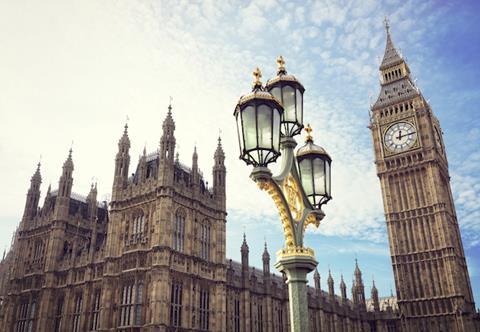
Members of the National Union of Journalists (NUJ) at the BBC Parliament channel are conducting a 24-hour strike in a dispute over pay grading and recognition.
The dispute has been raised over the banding of grade 5 broadcast assistants who produce content for 24-hour channel BBC Parliament. Staff who perform comparable work at the BBC News Channel and BBC World are labelled as grade 7 broadcast journalists. According to the union, across the BBC, there are no other grade 5 broadcast assistants who have the same level of editorial responsibility as the individuals at BBC Parliament.
There was a 100% vote for strike action at the union's ballot, which was attended by all NUJ members at the BBC's Parliament channel.
The strike commenced at 6am today (15 June 2016). It is expected to affect coverage of Westminster Hall debates, business in the House of Lords, committee hearings, the Scottish Parliament and Welsh Assembly.
Following the strike action, a work to rule will be put into place.
Aiden James, the father of the chapel at BBC Westminster, said: “This is not about pay, it’s about fairness and being valued for what we do. Members want equality with colleagues on the BBC News Channel and World News, where writing, editing and producing content are recognised as the work of grade 7 broadcast journalists.”
A BBC spokesperson said: "We expect to offer a normal service including broadcasting [Prime Minister’s Questions] on BBC Parliament as well as BBC News Channel and BBC Two as usual. There will be coverage of the select committee hearing with Sir Philip Green on BBC Parliament and the BBC News Channel. We have plans in place to maintain the scheduled programming."











